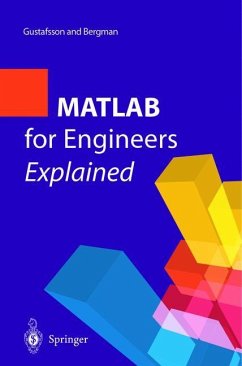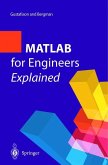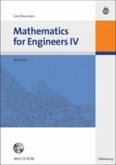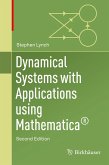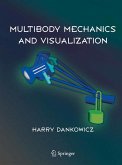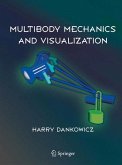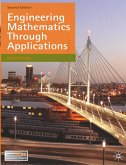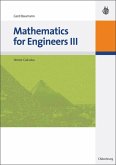This book is written for students at bachelor and master programs and has four different purposes, which split the book into four parts: 1. To teach first or early year undergraduate engineering students basic knowledge in technical computations and programming using MATLAB. The first part starts from first principles and is therefore well suited both for readers with prior exposure to MATLAB but lacking a solid foundational knowledge of the capabilities of the system and readers not having any previous experience with MATLAB. The foundational knowledge gained from these interactive guided tours of the system will hopefully be sufficient for an effective utilization of MATLAB in the engineering profession, in education and in research. 2. To explain the foundations of more advanced use of MATLAB using the facilities added the last couple of years, such as extended data structures, object orientation and advanced graphics. 3. To give an introduction to the use of MATLAB in typicalundergraduate courses in electrical engineering and mathematics, such as calculus, algebra, numerical analysis and statistics. This part also contains introductions and mini-manuals to the most used MATLAB toolboxes. Thus, some chapters require additional MATLAB toolboxes. The idea is to give a brief tutorial on each subject and show the possibilities for applying MATLAB to each application area. We have focused on basic concepts in the applications, without trying to explain all theory behind the examples.
Hinweis: Dieser Artikel kann nur an eine deutsche Lieferadresse ausgeliefert werden.
Hinweis: Dieser Artikel kann nur an eine deutsche Lieferadresse ausgeliefert werden.
From the reviews: "The book consists of three parts: an initiation in matlab, more advanced programming in matlab, and some elaborated applications. ... The text gives a bottom-up learning-by-example approach. ... Thus the reader is forced to sit at the computer and do experiments, which is in my opinion the best and fastest way to learn matlab. The excellent help tool of matlab should do the rest. ... The command summaries in the appendices make it ... a substitute for the matlab manuals." (Adhemar Bultheel, Bulletin of the Belgian Mathematical Society, Vol. 12 (1), 2005)

